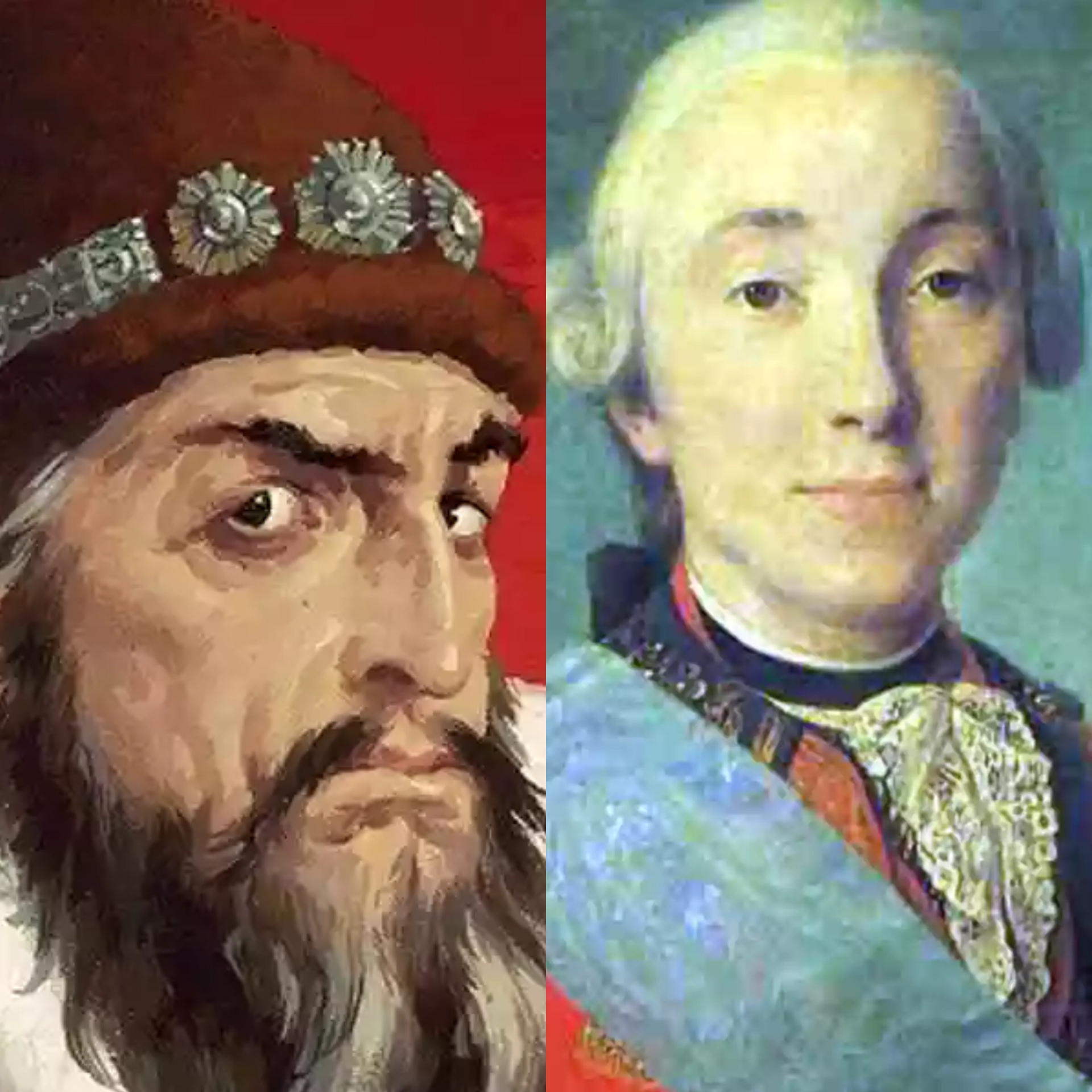Istanbul Institute of
Russian and Sovietic Studies

Altta: Kanada’da fok katliamı
Bilgi sermaye son derece kaygan, değeri sıfırlanabilen, yenilenen, kopyalanan bir üretim aracı olduğu için, rantiye hale geldiğinde bu pozisyonunu ancak devlet koruması altında sürdürebilir. Bu nedenle bilgi sermaye oligarşisi, bu korumayı sağlamak yerine, bilgi rantını sınırlayan ya da engelleyen merkeziyetçi-devletçi rejimlerle de amansız bir çelişki halindedir. Bu temel çelişkiyi ilerici ve gerçekçi sol politikalara tedavül etmek için solcunun önce ırkçı, etnik, kültürel, yerelci, kimlikçi siyaseti bir yana bırakmasi, elde hazır kurumsal ve hukuki araçlarını, sistemin karşılayamadığı vaadleri son noktasına kadar götürecek şekilde kullanması gerekir. Aksi takdirde tahteravallinin yanlış tarafına basmaya devam edeceğinden, bu çelişkiyi sol değil -daha önce de olduğu gibi- devletçi keynesçi ekonomi politikaları çözecektir. Continue reading “Kazın ayağı taraklıdır”
